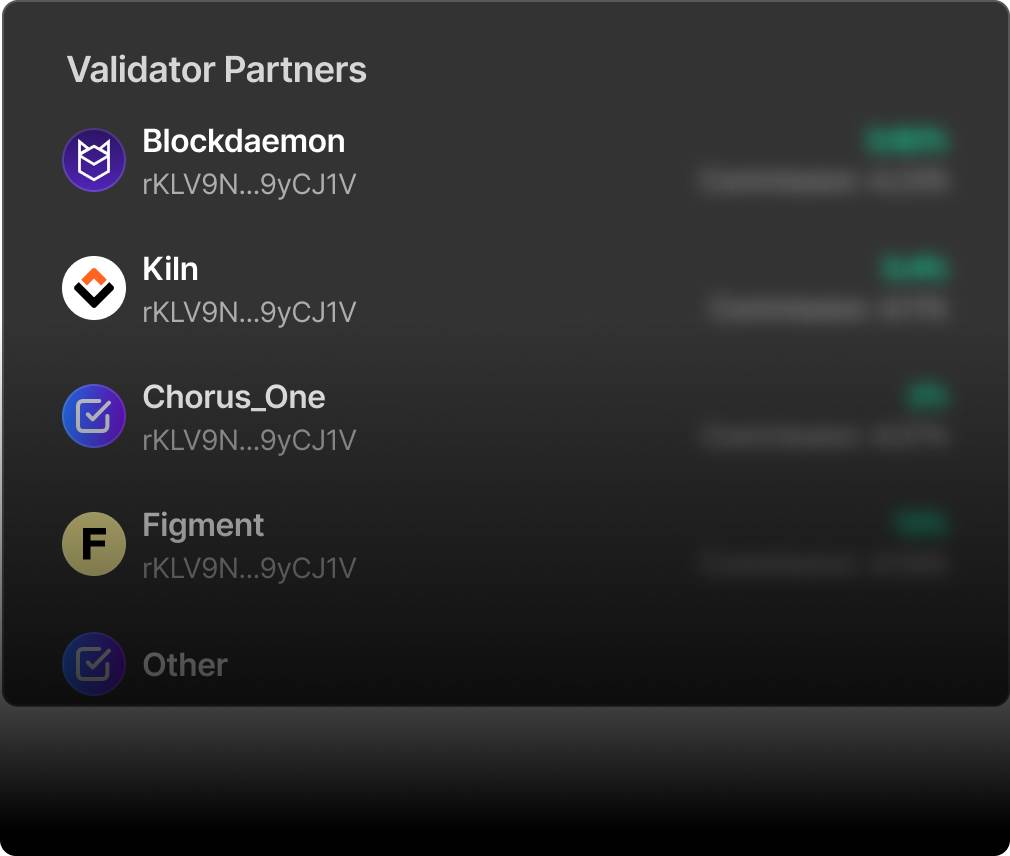Bitcoin Staking
Babylon
Babylon introduces a Bitcoin-native staking layer that allows holders to lock BTC and earn rewards by helping secure proof-of-stake networks. It leverages Bitcoin’s Timechain for decentralized trust and finality, and ensures that staked BTC never leaves the Bitcoin network.
BitGo clients can stake BTC with Babylon directly from their secure wallets while maintaining full ownership and custody.
Babylon





